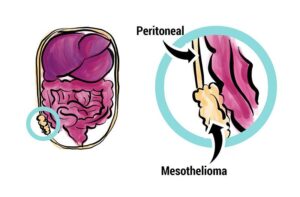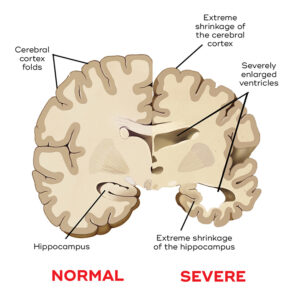The medical term for low potassium level is ‘Hypokalemia’. Potassium is required by all living cells for energy generation. It also takes part in blood Ph balance. We need 2500 to 3500 mg of potassium daily.
- 3.5 – 5.0 mmol/L = Normal level
- <3.5 = hypokalemia
- 2.5 – 3.0 mmol/L = Moderate hypokalemia
- <2.5 mmol/L = Severe hypokalemia
Symptoms of low potassium level
- Muscle weakness
- Skeletal muscle weakness: heavy legs, fatigue, low exercise tolerance, breathing difficulty
- Smooth muscle weakness in GIT – Constipation, abdominal cramping, bloating
- Cramping and muscle twitching. But it can also be due to low magnesium and calcium.
- Rhabdomyolysis
- Brain fog – confusion, slugginess of thinking, inability to concentrate
- Arrhythmia
- Hypertension (Because potassium is a physiological relaxer, potassium lowers the sodium)
- Alkalosis
- Insomnia
- Higher pulse rate
- Pulsatile tinnitus
- The feeling of thirst and frequent urination. It mostly happens when sodium is also low.
- Acne and dry skin
- Potassium lowers the insulin requirement in diabetics.
Why do we lose potassium?
- Dietary deficiency
- Eating disorder
- Poverty
- Alcoholism
- Inability to eat
- TPN
- Too much sodium intake
- Losing fluid from GIT
- laxative
- diarrhea
- vomiting
- Stress (high level of cortisol in crushing syndrome can lower potassium)
- Drugs:
- Diuretics – Frusemide, hydrochlorothiazide
- Mannitol
- Theophylline and aminophylline
- Verapamil
- Amphotericin B
- Corticosteroids
- Penicillin
- Diabetics are almost always deficient in potassium. Potassium can lower insulin regulation.
- Low magnesium.
- Injury and surgery.
- Genetic disorders – Barter and Gittelman syndrome
- Ketogenic diet
- High sugar diet
Potassium rich foods
- Beetroot
- Avacado (500 – 600 mg of potassium)
- Banana (400 – 450 mg of potassium)
- Salmon
- Coconut water
- Sweet potato
- Spinach
- Tomatoes
- White beans
- Orange juice
- Yogurt
How to increase blood potassium levels naturally
- Eat potassium-rich foods
- Get potassium supplements
- Limit alcohol and caffeine



